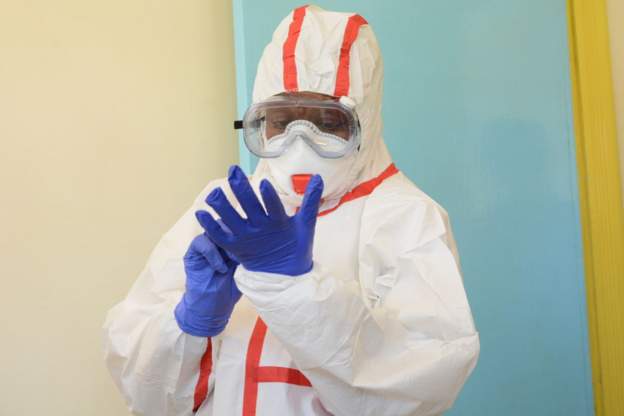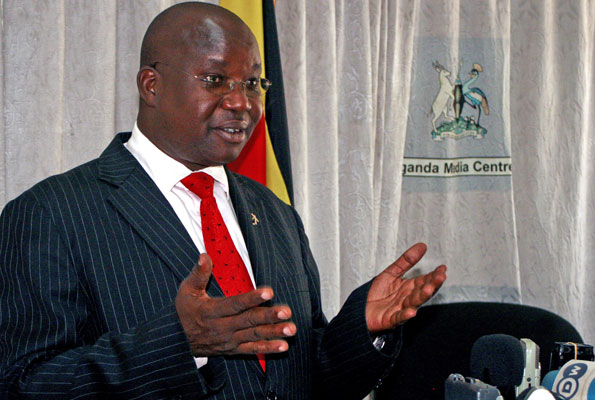They want to study three drugs in the treatment of coronavirus
Kenyan researchers have joined their international counterparts in the search for a cure for Covid-19, with plans for clinical trials for three drugs, Daily Nation reports.
A clinical trial is when medicine is tried on human beings to determine if it is effective in treating a disease.
The researchers are seeking approvals to conduct the trials to determine if Remdesivir, an antiretroviral drug that was recently approved by the United States Food and Drug Administration for emergency treatment of Covid-19, as well as anti-malaria drug hydroxychloroquine, and Lopinavir/ritonavir, also used on HIV patients, can effectively treat Covid-19 patients in Kenya.
Principal investigator in the study Dr Loice Achieng Ombajo, who heads the Infectious Disease Unit at Kenyatta National Hospital, told the Nation that so far, no treatment for Covid-19 is being administered to patients.
Instead, patients are being helped to cope with any symptoms they exhibit, such as fever or sore throat.
“We’re still in that stage where you can’t tell what actually works. What we’re hoping to do in the country is something called a clinical trial. In a clinical trial, you take many patients and randomly allocate them to one treatment or another. There’s an equal chance of ending up with any of the drugs and we’ll give you that treatment and observe your response,” she said in an interview.
According to Dr Ombajo, her team’s submission has been approved by the Ethics Committee at the University of Nairobi and been reviewed by the Poisons and Pharmacies Board.
The researchers are now awaiting a final approval by the Poisons and Pharmacies Board and the National Council of Science, Technology and Innovation (NACOSTI). Another key step is community engagement, to explain the trials before people can be invited to make an “informed consent” to participate in the experiment.
“You have to sit down with someone who might be interested or has a disease of interest and say; “we’re doing this study, these are the drugs we’re testing, this is why we are testing them, this is how we will protect you. If you get sick we have insurance that will take care of you. Do you agree to participate?” and they sign a consent. That is when we can conduct trial. It’s a very rigorous process,” said Dr Ombajo.
Kenyans recently reacted angrily when a researcher from University of Oxford in the United Kingdom revealed that his team was hoping to conduct human trials in Kenya for a vaccine for Covid-19.
But Dr Ombajo sought to reassure them, explaining that participants in the medical investigation are well informed and their confidentiality protected.
University of Oxford researchers began testing a Covid-19 vaccine in human volunteers two weeks ago.
The research aims to assess whether healthy people can be protected from Covid-19 with the new vaccine called ChAdOx1 nCoV-19.
The vaccine is made from a virus which is a weakened version of a common cold virus that causes infections in chimpanzees, that has been genetically changed so that it is impossible for it to grow in humans.
It will be a few weeks before the researchers can know if they should proceed with the human trials.
“We have obtained ethics approval, we had submitted to the Poisons and Pharmacies Board, but the members came back to with some comments, we’ve this morning had a meeting with them. We are responding to all those comments. We’ll submit it back to them. Once we have that approval, we will go to NACOSTI. It may be a few weeks before we can start,” said Dr Ombajo.





